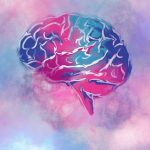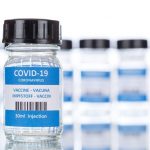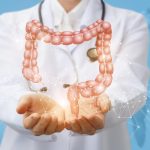
Have you ever been in a social situation where you felt nervous? Maybe starting a new job caused you to sweat a lot on your first day. Or going to a party where you didn’t know anyone gave you a nervous stomach. These are normal feelings that most people experience at different times in their lives. But social anxiety is a much different experience. It can be debilitating and interfere with simple, day-to-day activities like going to work, attending social gatherings or even going to the store. What is social anxiety? Experts from the Anxiety and Depression Association of America describe social anxiety as “intense anxiety or fear of being judged, negatively evaluated or rejected in a social or performance situation.” Fear of appearing awkward or dumb intensifies anxious feelings and often leads to avoiding the social situation altogether. Since avoidance is a common response, social anxiety can be a life-limiting disorder if left untreated. The avoidance turns into missed opportunities, experiences or relationships, which leads to low achievement in school and work, poor social skills, low self-esteem, social isolation, depression and even suicidal thoughts or attempts. If this sounds familiar, you’re not alone. Fifteen million American adults have social anxiety disorder, according to Mental Health America. Social anxiety symptoms Mayo Clinic says the criteria for diagnosing social anxiety disorder include: Persistent, intense fear or… read on > read on >
























-300x200.jpg)













